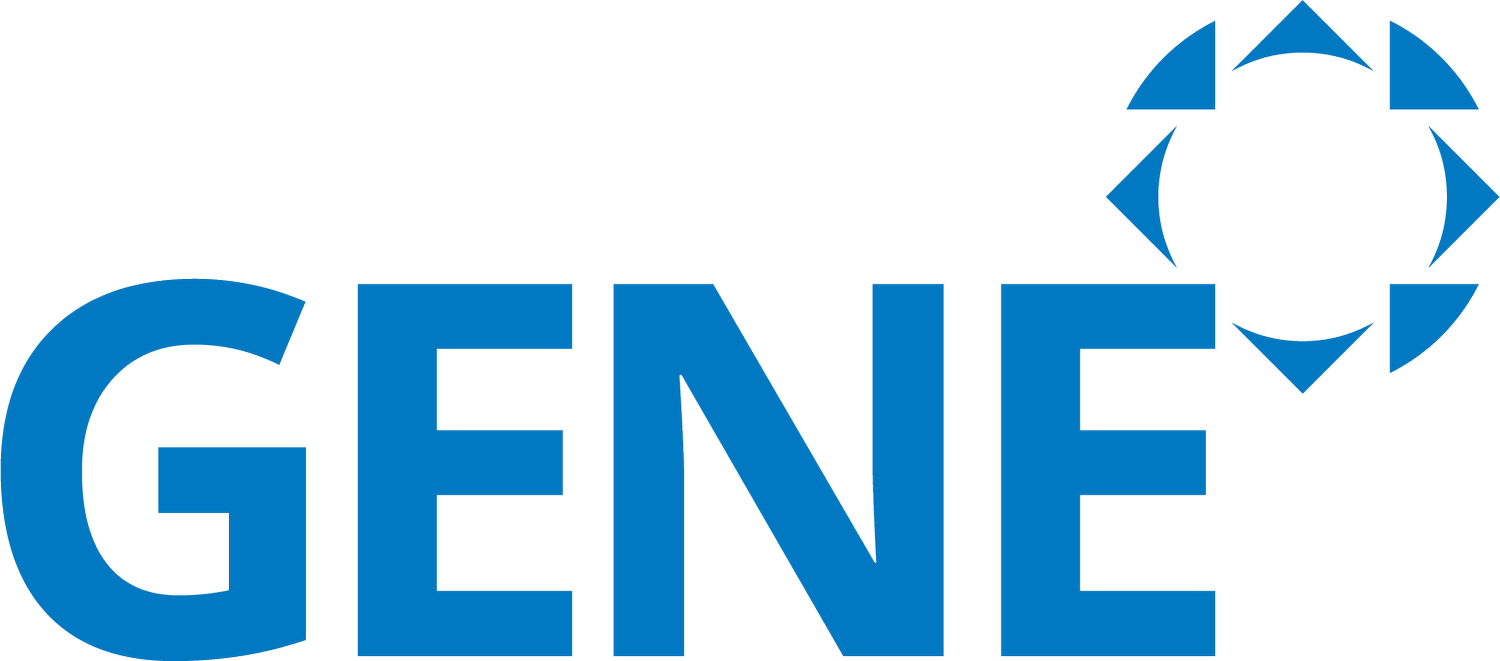
Germany 🇩🇪
Global Education Profile
Founding Member | GENE participant since 2001.
+ Ministries and Agencies in GENE
+ Other relevant Ministries and Agencies
- Federal Ministry of Education and Research (BMBF)
- Federal Ministry for the Environment, Nature Conservation and Nuclear Safety (BMU)
- Germany’s main environmental protection agency (UBA)
- Scientific advice and national monitoring on ESD, (Institute Futur)
- Standing Conference of the Ministers of Education and Cultural Affairs of the Länder (KMK)
- German Development Institute (DIE)
+ Civil Society and Youth Platforms
- VENRO - umbrella organisation of development and humanitarian non-governmental organisations
- National Agency for the EU programmes Erasmus+ Youth in Action and European Solidarity Corps
- Education Foundation (Stiftung Bildung)
+ GE documents
- National Action Plan on Education for Sustainable Development (2019)
- Overview of German Partners for the implementation of the National Action Plan ESD Partners in Germany (in German)
+ GE specific budget
2019 – 45,000,000 Euro
2018 – 40,000,000 Euro
Source: Data reported to GENE by participating agency
+ Concepts and Definitions
The Federal Ministry for Economic Cooperation and Development (BMZ) uses the term “development education”, aiming at a vision of sustainable development around the world. A vision that combines economic performance with social justice, ecological viability and good governance, increases interest in developing countries, explains global contexts, and demonstrates how they influence the individual and motivate people to become actively involved and part of a socially responsible society within a globalised world.
The understanding is based on the concept of Global Education (“Globales Lernen”):
“Education includes activities for global education that promote citizens’ critical engagement with development issues and encourage their engagement.” At the same time, “the BMZ is guided by the concept of a global sustainable development, which stands likewise for economic capacity, social justice, ecological viability and good governance.“
The Federal Ministry for Education and Research (BMBF) uses the concept of the UNESCO roadmap for implementing the Global Action Programme on Education for Sustainable Development:
“ESD empowers learners to take informed decisions and responsible actions for environmental integrity, economic viability and a just society, for present and future generations, while respecting cultural diversity. It is about lifelong learning, and is an integral part of quality education. ESD is holistic and transformational education which addresses learning content and outcomes, pedagogy and the learning environment. It achieves its purpose by transforming society.”
VENRO, the umbrella organisation of development and humanitarian non-governmental organisations, plans a revision of their definition developed in 2008:
“Global learning aims to develop individual and collective competencies in the name of global solidarity. It promotes respect for other cultures, lifestyles and worldviews, highlights the prerequisites of one’s own positions and enables them to find solutions for common problems.” Taken from GENE ‘concepts and definitions’.
+ GE in formal education
The responsibility for education is divided between the federal authorities (‘Bund’) and the federal states (‘Länder’), in accordance with the German Constitution. The Cultural Sovereignty of the Federal States (‘Kulturhoheit der Länder’) defines the responsibility of the federal states with regard to legislation and administration in the fields of culture, language, formal and higher education, and vocational education.
Therefore, the 16 ministries of education are responsible for GE in their states.
The Curricula Framework - Education for Sustainable Development (Curriculum Framework ESD) is a recommendation by the KMK to implement ESD with a global perspective in schools and teaching.
+ GE in nonformal education
+ GE in initial Teacher Education
Institutes on Teacher Training in the Federal States:
- Platform for all 16 State Institutes on Teacher Training (Bildungsserver) (in German)
- State Institute for School and Media Berlin-Brandenburg, LISUM, (in German)
Universities:
- University of Bamberg, General Pedagogy (in German)
- Catholic University of Eichstätt-Ingolstadt (Master programme on Geography & ESD)
- University of Kassel, Subject area „Didactics of political education“ and the working group „Teaching Right Livelihood“ (Universität Kassel) (in German)
- University for Sustainable Development Eberswalde, Master in Education-Sustainability-Transformation (Edu-Sustain-Transformation) (in German)
+ Educational resources on GE
- Portal on Global Learning by WUS
- Bildung trifft Entwicklung, portal for global learning with personal experiences from countries of the Global South
- Online resources for youth workers in GE can be found here
+ GE civil society actors
- Berlin Development Policy Council (Berliner Entwicklungspolitischer Ratschlag or berlin-postkolonial) (in German)
- Information Center on Global Learning, EPIZ Berlin (epiz-berlin)
- VENRO, umbrella organisation of development and humanitarian aid non-governmental organisations
- Federal Association of non-statutory welfare (bagfw)
+ Overall ODA budget
25 031.8 million USD in 2019
Source: (OECD (2021), Net ODA (indicator). doi: 10.1787/33346549-en (Accessed on 27 April 2021)
+ Agenda 2030
National Action Plan on Education for Sustainable Development (2019)
+ EU Presidency last / next
2006 / 2020
Public opinion on issues related to Global Education
This website was created and maintained with the financial support of the European Union and the Ministries and Agencies that support GENE. Its contents are the sole responsibility of GENE and do not necessarily reflect the views of the European Union.


